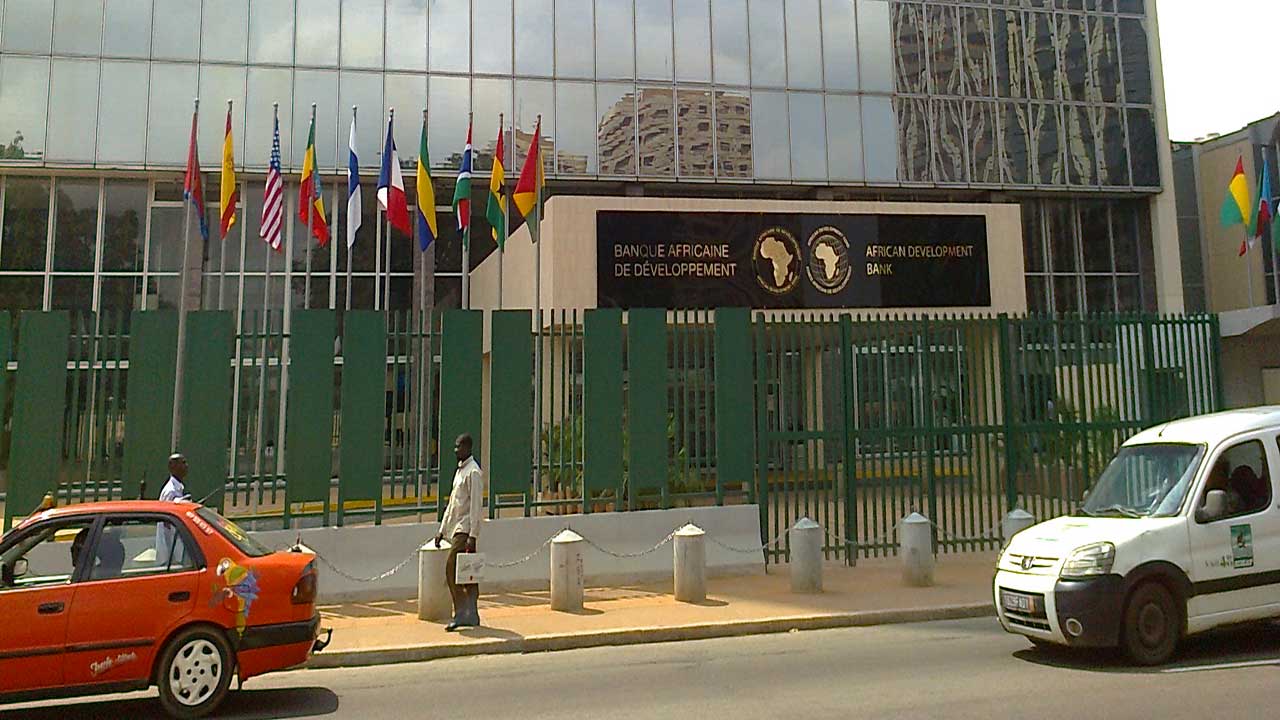The African Development Bank (AfDB) has outlined a clear path for Zimbabwe’s arrears clearance and debt resolution process, beginning with a staff-monitored program (SMP) led by the International Monetary Fund (IMF) in the coming year.
The Zimbabwean government is currently in talks with the IMF to finalize the SMP, which serves as an informal arrangement enabling IMF staff to monitor the implementation of a country’s economic reforms.
These programs help establish a credible track record of policy execution, potentially paving the way for financial arrangements with the IMF or resumption of suspended agreements.
Also read: Fortune Chasi Expresses Readiness to Return as Zimbabwe Faces Ongoing Power Crisis
Despite having cleared its previous debts with the IMF, Zimbabwe remains unable to access new lines of credit due to the pari passu principle, which mandates equal treatment of all creditors in cases of arrears.
The IMF, as part of Zimbabwe’s creditor and development partner consortium, is engaged in discussions to establish a roadmap for resolving the country’s sovereign debt.
AfDB President Dr. Akinwumi Adesina, speaking at the 6th High-Level Structured Dialogue Platform in Harare, emphasized the Bank’s commitment to providing financial support for Zimbabwe’s debt clearance.
Dr. Adesina, who champions Zimbabwe’s debt resolution efforts alongside former Mozambican President Joaquim Chissano, announced that preparations for the SMP would begin in the next year.
He highlighted that Zimbabwe’s Finance Minister will collaborate closely with the IMF on this program, which will incorporate necessary economic reforms.
Dr. Adesina also noted that the AfDB’s African Development Fund, which has previously assisted other nations in clearing arrears, could similarly benefit Zimbabwe.
A formal request for such support is expected to be made during the AfDB spring meetings.
Zimbabwe’s debt resolution efforts, backed by the diplomatic community, involve sector working groups (SWGs) that oversee reforms under three strategic pillars: economic growth and stability, governance and land tenure, and addressing compensation for former farm owners as well as resolving Bilateral Investment Protection and Promotion Agreements (BIPPAs).
Finance Minister Mthuli Ncube announced that Zimbabwe aims to complete the SMP before concluding its National Development Strategy 1 (NDS 1) in 2025. Key milestones include initiating the SMP in January, reviewing progress in July, and finalizing it by September.
This completion is intended to ensure a debt-free foundation for launching NDS 2 (2026–2030), which aims to transform Zimbabwe into a middle-income economy by 2030.
Zimbabwe’s public debt, estimated at $21 billion as of June 2024, comprises $12.3 billion in external debt and $8.7 billion in domestic debt.
Of the external debt, multilateral creditors account for $3.1 billion, including $681 million owed to the AfDB, $1.5 billion to the World Bank, and $427 million to the European Investment Bank.
To date, the AfDB has also provided over $55 million in credit lines to Zimbabwe’s private sector.
For comments, Feedback and Opinions do get in touch with our editor on WhatsApp: +44 7949 297606.

For comments, Feedback and Opinions do get in touch with our editor on WhatsApp: +44 7949 297606.
